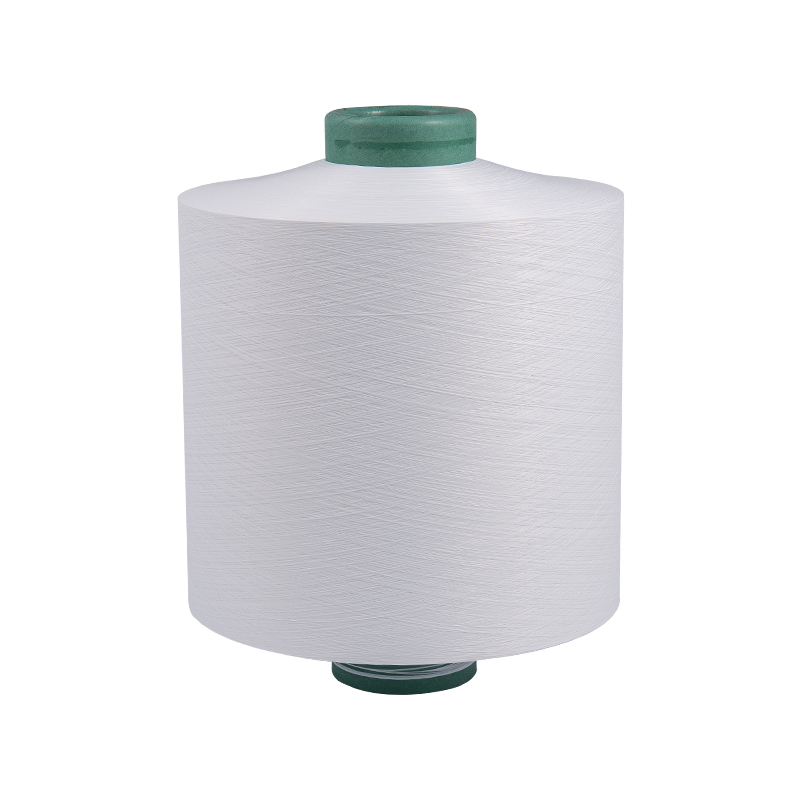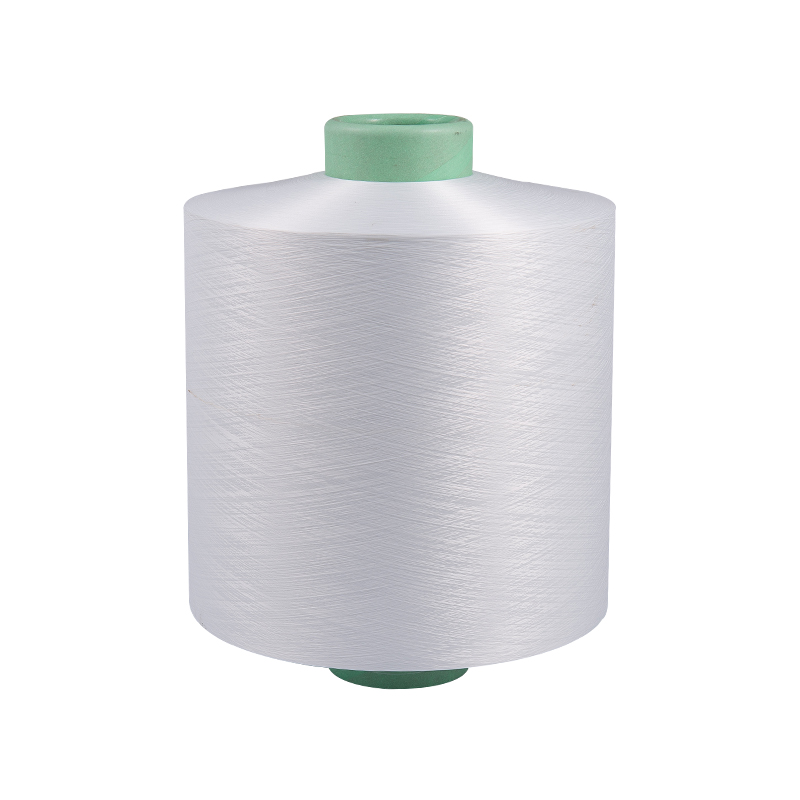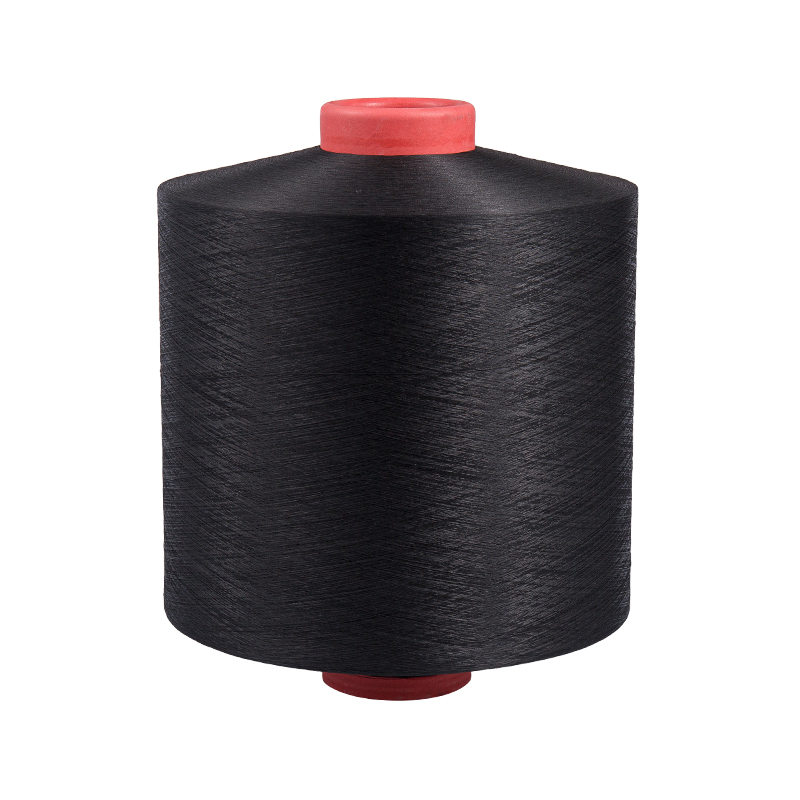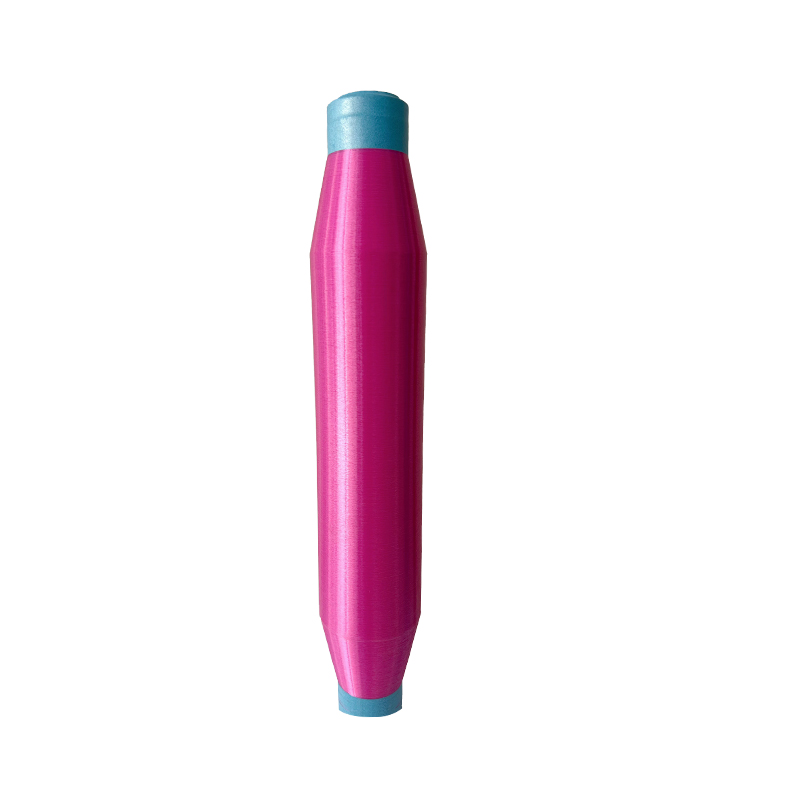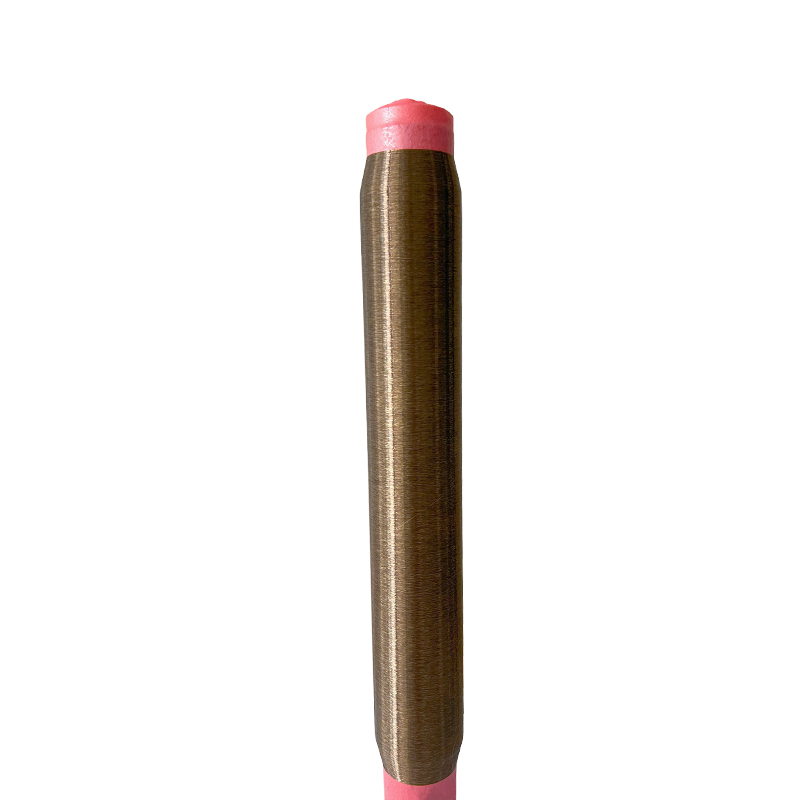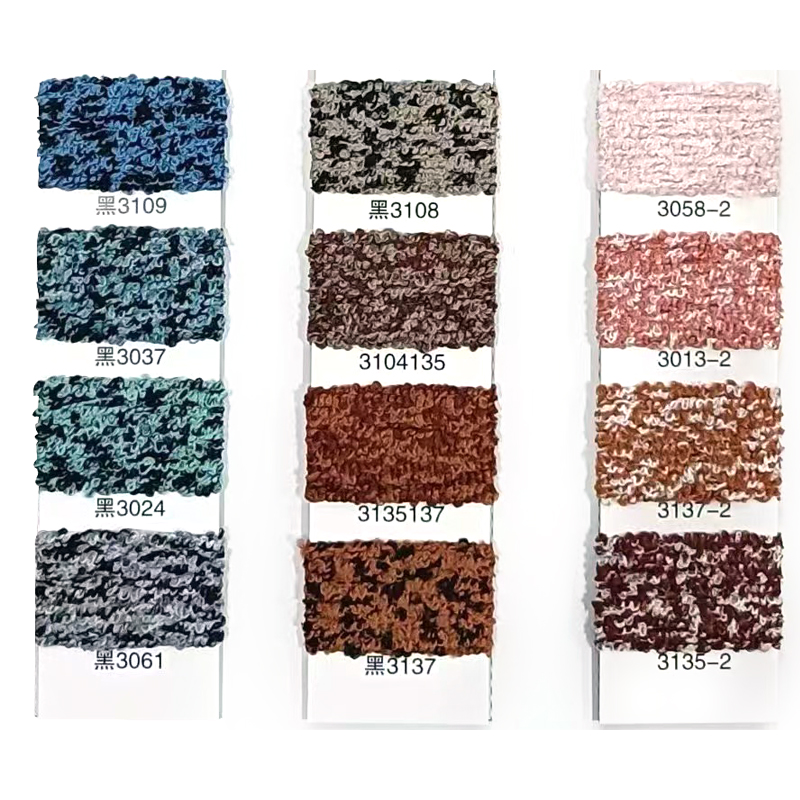From Yarn to Finished Craft: Understanding the Lifecycle of Polyester Crochet Yarn Products
2025-04-16
The journey of a product made with polyester crochet yarn begins long before the first stitch is made. It starts at the fiber production stage, where raw polyester is synthesized from petrochemical sources or, increasingly, from recycled plastics. These raw materials are melted, extruded, and spun into filaments that form the base of the yarn. Depending on the desired texture and end-use, these filaments can be cut and spun into staple fiber yarns or kept continuous as filament yarns. This foundational step determines not only the strength and elasticity of the final yarn but also how well it will behave in crochet applications—an area where polyester excels due to its structural stability and resilience.
Once the fiber is formed, the next step involves twisting and finishing processes that define the yarn’s character. Twisting affects how the yarn holds its shape in a finished item, while finishes like softeners or anti-pilling treatments enhance its tactile quality and longevity. For crochet applications, especially in accessories and home décor, these factors contribute to ease of use and aesthetic appeal. Polyester crochet yarn at this stage must strike a balance between pliability and firmness, ensuring it works smoothly with hooks without losing definition in patterns. Manufacturers like BAOYI pay close attention to this phase, optimizing the yarn’s behavior to support both hobbyists and professional crafters.
Dyeing comes next and plays a critical role in defining the final look of the product. Polyester, as a synthetic fiber, requires disperse dyes and high-temperature dyeing methods. This ensures that the color is thoroughly bonded to the yarn, delivering vivid shades with excellent light and wash fastness. For B2B customers, the consistency of dye lots is vital; mismatched shades can lead to costly production delays and inventory waste. That’s why experienced suppliers invest in precise dyeing technology and quality control systems. A reliable color profile at the yarn stage directly influences the visual impact and perceived quality of the finished item.
After dyeing and final finishing, the yarn is packaged and distributed to various users—ranging from small-scale artisans to industrial manufacturers. In crochet production lines, polyester yarn is valued for its consistency, which allows for predictable output and minimal adjustment during manufacturing. When used in larger-scale assembly or automated crochet processes, yarn quality must remain uniform across spools and batches. This is where industrial users especially benefit from partnering with seasoned suppliers who understand the demands of bulk production environments and deliver yarn that performs consistently under pressure.

The transformation from yarn to product is where creativity takes center stage. Polyester crochet yarn is often used to craft sturdy items like tote bags, storage baskets, belts, and decorative accessories. Thanks to the yarn’s inherent strength and low stretch, these products hold their shape well and maintain a clean look over time. Designers and crafters can create structured, functional goods that are not only attractive but also practical. For export and retail clients, this opens opportunities for high-margin product lines that appeal to style-conscious, function-focused consumers.
Once the finished product enters the market, its long-term performance becomes the true test of material choice. Products made from polyester crochet yarn typically retain their color, resist wear, and are easy to clean—traits that add significant value for end-users. This durability extends the lifecycle of the item, reducing returns and boosting customer satisfaction. Whether a buyer is investing in handmade craft items or mass-produced designs, the lasting quality of polyester makes a strong case for its continued use in high-demand consumer products.
At BAOYI, we believe in supporting our partners throughout the entire product lifecycle. From producing high-quality polyester crochet yarn with reliable properties to ensuring consistent supply for scale-up, our role goes beyond material delivery. We help businesses bring durable, attractive, and market-ready products to life—one spool at a time. This deep understanding of the entire chain—from raw material to finished product—is what makes our yarn more than just a raw input; it’s the foundation of great craftsmanship.




 English
English 中文简体
中文简体 Español
Español عربى
عربى

